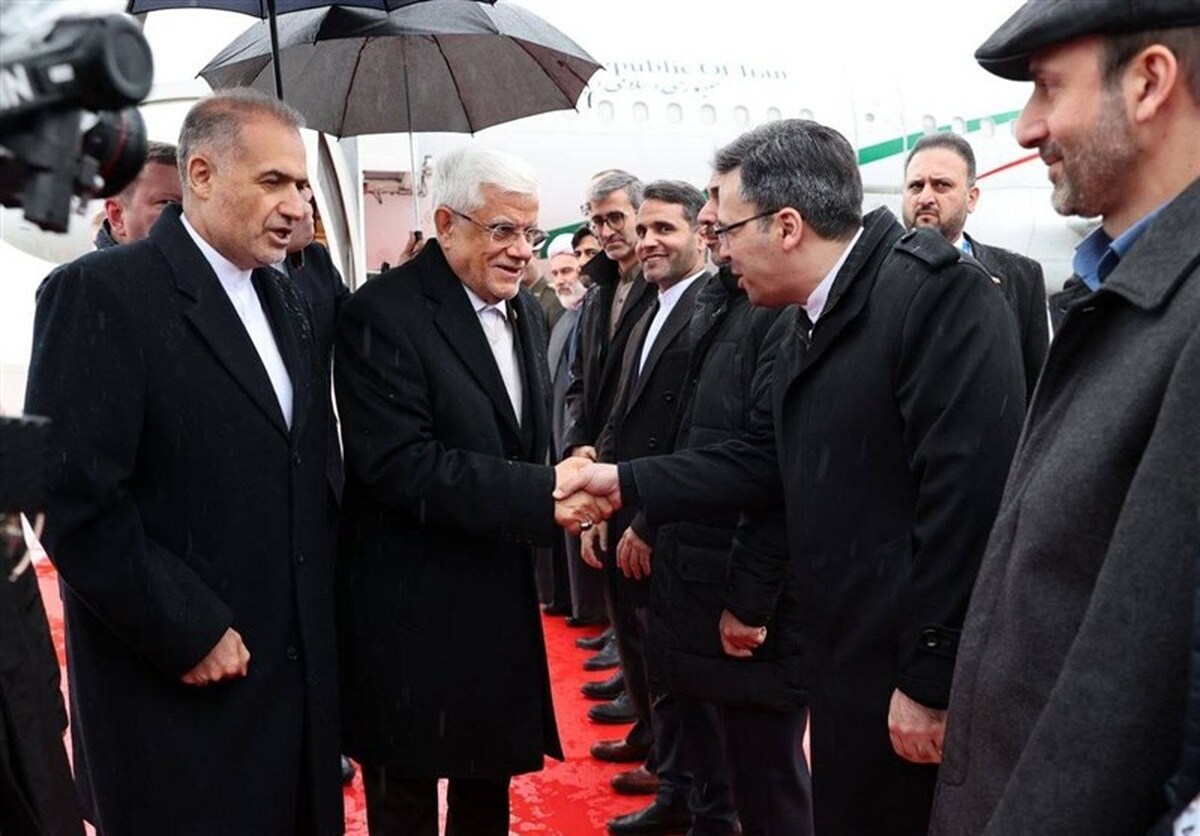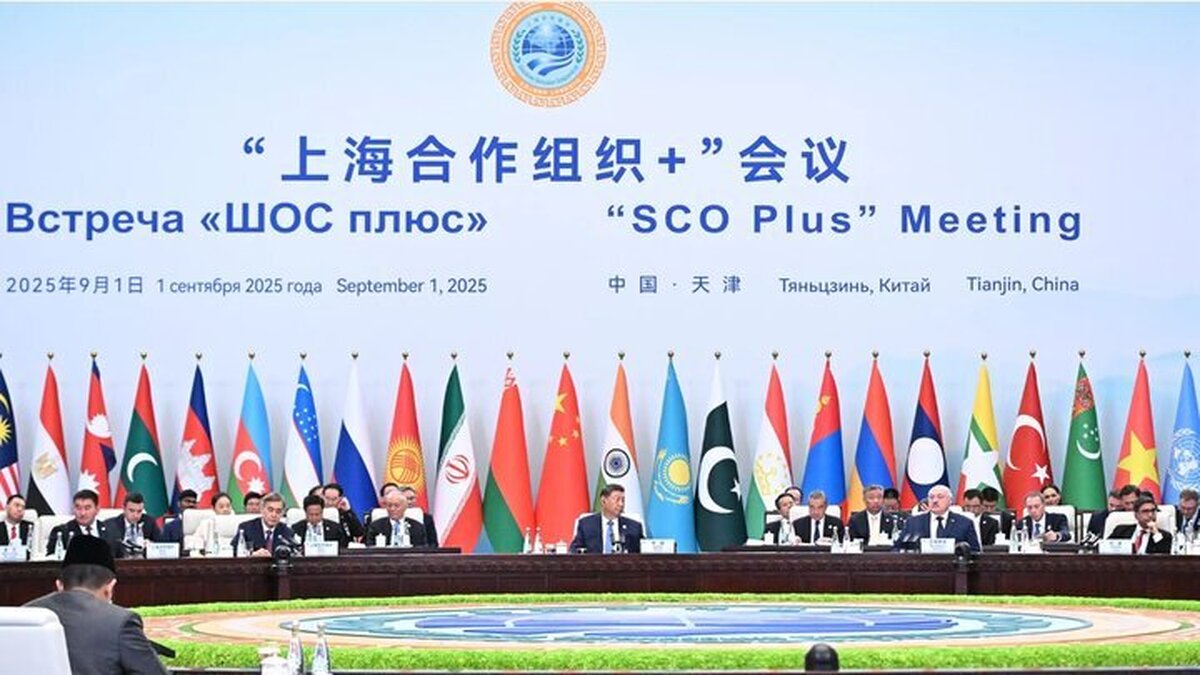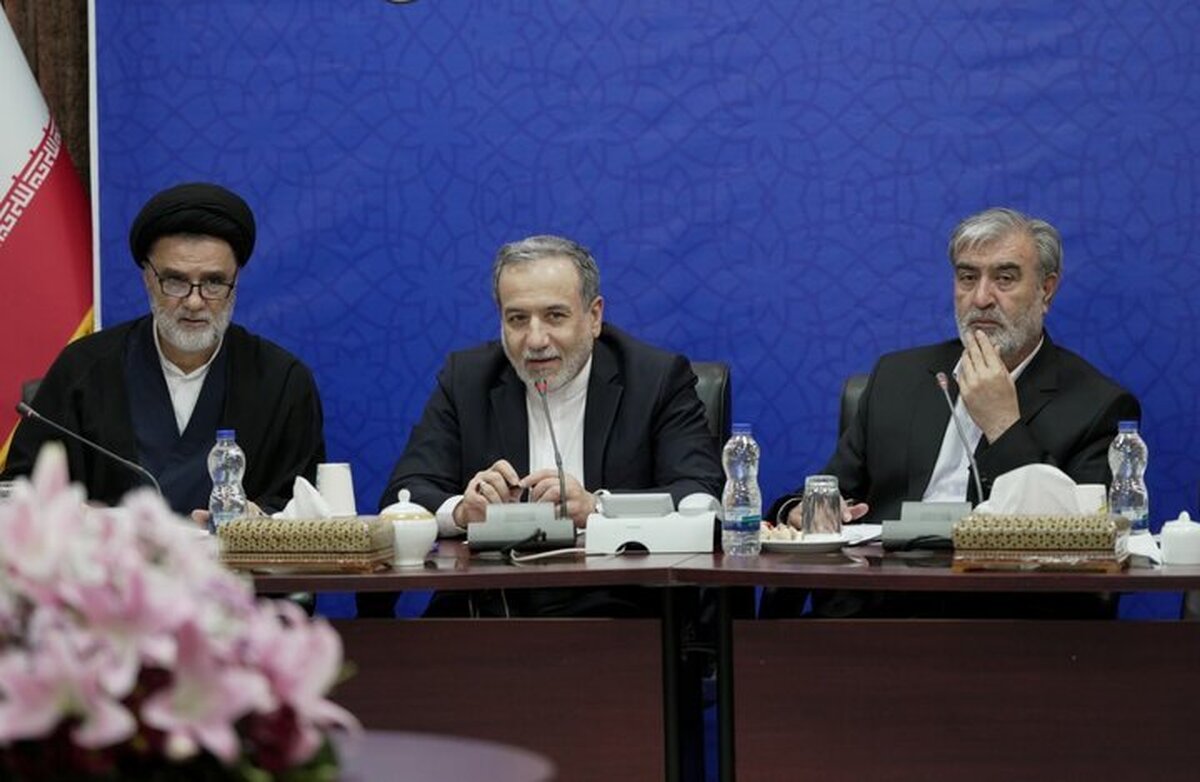
Iran's Trade With SCO Tops $9.8b
EghtesadOnline: Iran’s trade with the member states of Shanghai Cooperation Organization reached 15.76 million tons worth $9.82 billion in the first four months of the current fiscal year (March 21-July 22), according to the latest statistics of the Islamic Republic of Iran Customs Administration.
Exports to the eight member states hit 13.37 million tons worth $5.64 billion during the period.
China with 9.89 million tons worth $4.36 billion, India with 1.73 million tons worth $495.07 million and Pakistan with 910,531 tons worth $341.39 million were Iran’s top three export destinations in the bloc during the period.
Imports from SCO stood at 2.39 million tons worth $4.18 billion during the same period.
Top three SCO exporters to Iran were China with 1.02 million tons worth $3.13 billion, India with 408,205 tons worth $440.86 million and Russia with 754,848 tons worth $429.78 million.
Iran traded 50.8 million tons of non-oil goods worth $29 billion with other countries during the first four months of the current fiscal year (March 21-July 22), indicating an increase of 21% in weight and 47% in value compared with the corresponding period of last year.
According to Mehdi Mirashrafi, the head of the Islamic Republic of Iran Customs Administration, exports reached 38.3 million tons worth $14.3 billion, which shows a year-on-year growth rate of 27% and 65% in weight and value, respectively.
Major exported goods included liquefied gas, polyethylene, semi-finished steel products, methanol, gasoline, steel ingots, liquid propane, bitumen and copper cathode.
The main export destinations included China (10 million tons of goods worth $4.3 billion), Iraq (10.9 million tons worth $2.8 billion), the UAE (4.3 million tons worth $1.6 billion), Turkey (1 million tons worth $923 million) and Afghanistan (1.8 million tons worth $728 million.)
Imports hit 12.5 million tons worth $14.5 billion, registering an increase of 5% in weight and 32% in value compared with last year’s same period, ISNA reported.
Main exporters to Iran were the UAE (4 million tons of goods worth $4.7 billion), China (1 million tons worth $3.1 billion), Turkey (1.3 million tons worth $1.5 billion), Germany (351,000 tons worth $563 million) and Switzerland (672,000 tons worth $539 million).
Fiscal 2020-21 in Review
Iran’s trade with SCO hit 47.93 million tons worth $25.63 billion in the fiscal 2020-21 (ended March 20).
Exports stood at 38.88 million tons worth $12.26 billion during the period under review.
Top three destinations were China with 26.96 million tons worth $8.08 billion, India with 7.6 million tons worth $1.28 billion and Pakistan with 2.55 million tons worth $1 billion.
Imports from SCO member states hit 9.05 million tons worth $13.37 billion in the last fiscal year.
Imports mainly came from China with 3.56 million tons worth $9.84 billion, India with 2.21 million tons worth $2.14 billion and 2.93 million worth $1.07 billion.
Iran’s total non-oil foreign trade declined from $85 billion in the fiscal 2019-20 ($41.3 billion worth of exports and $43.7 billion of imports) to $73 billion in the fiscal 2020-21 ($34.52 billion of exports and $38.5 billion of imports).
Shanghai Cooperation Organization’s Charter was signed during the St. Petersburg SCO Heads of State meeting in June 2002, and entered into force on 19 September 2003. This is the fundamental statutory document that outlines the organization’s goals and principles, as well as its structure and core activities.
The historical meeting of the Heads of State Council of Shanghai Cooperation Organization was held on June 8-9, 2017, in Astana, Kazakhstan, where the status of a full member was granted to India and Pakistan.
SCO's main goals, according to its website, are as follows: strengthening mutual trust and neighborliness among the member states; promoting their effective cooperation in politics, trade, economy, research, technology and culture, as well as in education, energy, transport, tourism, environmental protection and other areas; making joint efforts to maintain and ensure peace, security and stability in the region; and moving towards the establishment of a democratic, fair and rational new international political and economic order.
Iran’s SCO Admission Likely to Be Decided in Dushanbe
Moscow expects Shanghai Cooperation Organization’s leaders will decide on the start of Tehran’s admission to the organization at the Dushanbe summit on Sept. 16-17, Special Envoy of the Russian President for SCO Affairs Bakhtiyor Khakimov told TASS.
“The accession process is not a one-time step. There is a certain procedure stipulated in the SCO documents. We expect that in Dushanbe, the Council of Heads of State will make a decision on the commencement of Iran’s admission to SCO, which means the launching of the negotiation process to agree on the documents according to which Iran will accede to the legal and contractual framework of the Shanghai Cooperation Organization,” the Russian envoy said.
Khakimov recalled that the accession process for India and Pakistan had taken about two years.
“Generally, this cannot be done faster, because the documents are approved by the countries’ heads and the SCO summit takes place in the format of annual meetings. So, the beginning of the admission procedure means that the talks can be launched in the near future after such a decision is made,” he added.
According to the Russian envoy, after the SCO Heads of State Council’s decision, work on preparing a draft memorandum on Iran’s obligations will be launched and then Tehran will have to accede to a number of documents.
“In the first stage, for example, the applicant state has to join the SCO Charter, the Treaty on Long-term Good Neighborliness, Friendship and Cooperation and other fundamental agreements,” he explained.
Khakimov pointed out that going through all the procedures would take a fair amount of time, since “the same charter is the document ratified in every country”, and much depends on how quickly all the processes will take place within the applicant state.
After fulfilling all the country’s obligations under the memorandum, an appropriate conclusion is prepared and a proposal is made to grant the status of SCO member.
“So, the process is long, but it can be sped up by a reciprocal countermove; naturally the main burden falls on the applicant state,” Khakimov concluded.




